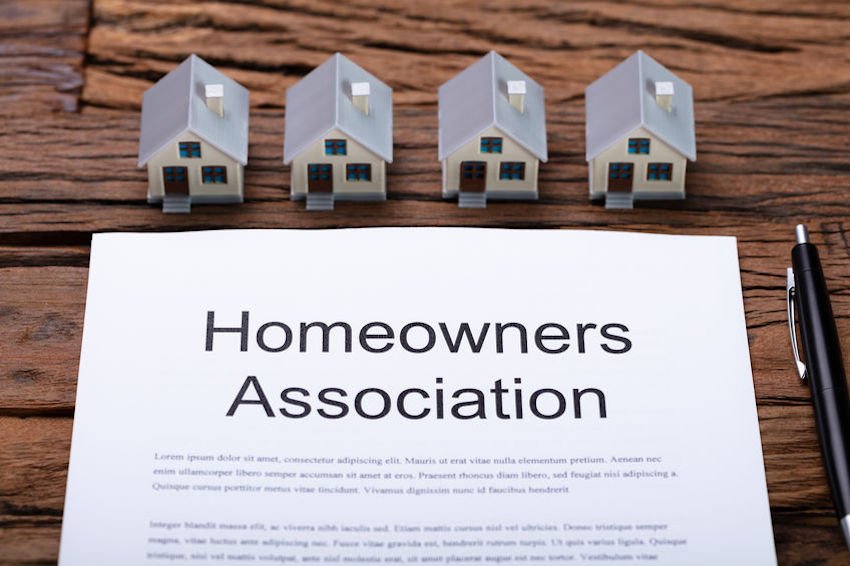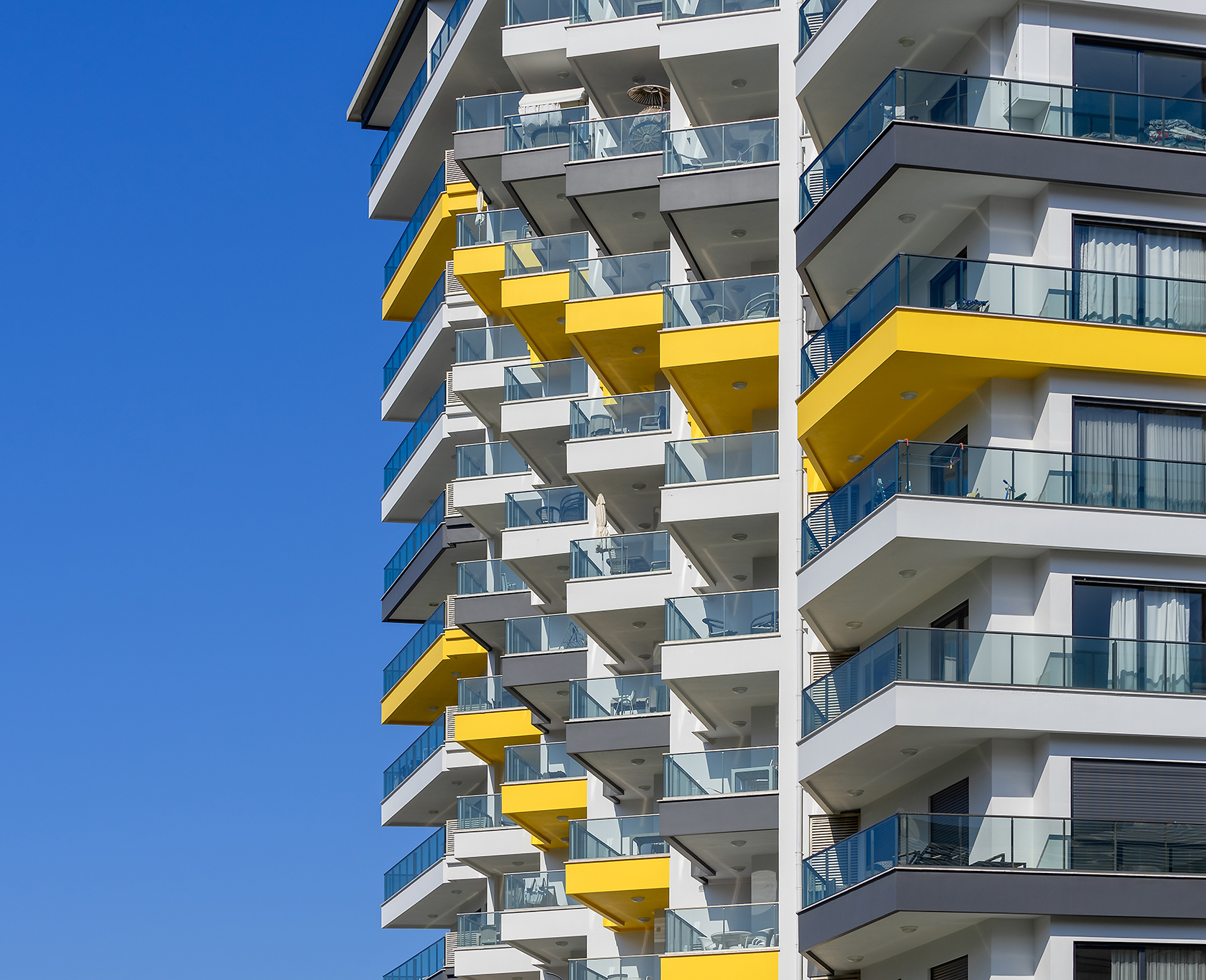Just How HOA Condo Living Enhances Neighborhood Involvement
Just How HOA Condo Living Enhances Neighborhood Involvement
Blog Article
The Function of an HOA in Developing and Enforcing Neighborhood Standards for Citizens
The role of a Homeowners Organization (HOA) in establishing and implementing community standards is fundamental to keeping a orderly and natural residential atmosphere - hoa condo. By formulating clear policies that govern elements such as property maintenance and area conduct, the HOA not only establishes standards for citizens yet also cultivates a sense of belonging and responsibility. The implementation of these guidelines can present numerous obstacles, increasing concerns about neighborhood, communication, and fairness interaction. As we check out these intricacies, it comes to be noticeable that the impact of an HOA extends much beyond mere guideline enforcement.
Comprehending House Owners Associations
Homeowners organizations (HOAs) function as regulating bodies for domestic communities, playing an essential role in keeping building values and fostering a feeling of neighborhood. Generally created by designers, HOAs are composed of home owners within an assigned area that elect a board to look after the association's tasks. The main functions of an HOA consist of enforcing area regulations, managing common areas, and arranging community occasions.
HOAs operate under a collection of governing records, including conditions, agreements, and restrictions (CC&R s), which outline the legal rights and duties of home owners. These policies intend to ensure that residential or commercial properties are kept to a certain requirement, consequently protecting the aesthetic charm and total value of the neighborhood. Furthermore, HOAs often collect fees from home owners to fund maintenance, landscaping, and various other social work.
The presence of an HOA can considerably affect the living experience within an area (hoa condo). While some residents appreciate the structured atmosphere and features supplied, others might locate particular regulations restrictive. Balancing the interests of all property owners is necessary for an HOA to operate properly, ensuring that it serves its intended purpose of enhancing community living while respecting individual homeowner rights
Developing Community Standards

To begin, an HOA ought to carry out studies or convene that permit homeowners to articulate their ideas and problems. This participatory procedure cultivates a feeling of ownership and raises compliance. Next, the HOA board must examine the feedback to determine common styles and top priorities that necessitate official incorporation in the standards.
It is likewise vital to make certain that the standards are clear, succinct, and quickly comprehended. Uncertainties can result in misunderstandings and conflicts, weakening the function of the guidelines. The guidelines need to be thorough, covering different aspects of area living, consisting of home maintenance, sound levels, and usage of typical areas.
Enforcement of Regulations
Efficient enforcement of community regulations is vital for maintaining order and guaranteeing that all residents follow the established standards. An HOA must apply a structured strategy to implement these regulations, which usually includes a mix of tracking, interaction, and penalties for non-compliance.
First, normal evaluations and area patrols can help recognize violations, making sure that guidelines are continually applied throughout the neighborhood. This positive surveillance allows the HOA to attend to issues before they rise, fostering a sense of liability among citizens.
2nd, clear communication is crucial. Locals need to be informed of the policies and the treatments for reporting infractions. An open line of interaction encourages locals to voice problems and seek information on guidelines, which can enhance conformity.

Last but not least, when infractions happen, the HOA needs to apply effects as outlined in the governing documents. This may include warning letters, fines, or, in severe instances, lawful activity. It is essential that fines are used relatively and continually to keep trust fund within the community. By effectively enforcing rules, an HOA can grow an unified living setting that shows the collective values of its citizens.
Advantages of HOA Laws
Numerous advantages develop from the implementation of HOA regulations, which offer to enhance the lifestyle within an area. One main benefit is the maintenance of residential property values. By applying criteria for aesthetic appeals and upkeep, HOAs make sure that homes and common locations stay eye-catching, promoting a preferable look at here living atmosphere that can lead to boosted residential or commercial property worths in time.
In addition, HOA policies advertise consistency visit this site and harmony within the community. This coherence in layout and maintenance assists to create a sense of belonging amongst residents, adding to area pride and a favorable ambience. Developed standards help with dispute resolution amongst next-door neighbors by providing clear expectations and procedures for actions, thereby reducing conflicts.
An additional substantial benefit is the provision of shared features and services. Lots of HOAs take care of area facilities such as parks, clubhouses, and pools, which enhance recreational opportunities for locals. These facilities not only enhance the high quality of life however likewise motivate social interaction.
Ultimately, the policies set forth by an HOA cultivate a well-organized, unified area, ensuring that homeowners enjoy a high criterion of living while cultivating an encouraging setting for all home owners.
Usual Difficulties Dealt With by HOAs
In the middle of the benefits that property owners associations (HOAs) can offer, they also run into a variety of challenges that can hinder their effectiveness. One significant concern is the lack of resident engagement. Numerous house owners might not participate in meetings or community tasks, bring about a detach between the HOA board and homeowners. This disengagement can lead to misunderstandings about neighborhood guidelines and an absence of support for enforcement efforts.
An additional challenge is the enforcement of regulations and policies. Disagreements can occur when homeowners feel that enforcement is irregular or prejudiced, potentially bring about conflicts within the neighborhood. Additionally, HOAs typically encounter financial restraints, which can restrict their ability to preserve usual areas or fund neighborhood tasks. This can create discontentment amongst residents who expect high criteria of maintenance.
Furthermore, navigating lawful complexities can be discouraging for HOAs. Progressing and altering demographics community needs need HOAs to adapt their standards, commonly meeting resistance from long-lasting locals that are accustomed to conventional standards.
Final Thought

By formulating clear guidelines that control aspects such as residential property maintenance and community conduct, the HOA not only establishes standards for locals yet additionally fosters a sense of belonging and liability.Homeowners organizations (HOAs) serve as regulating bodies for property areas, playing an essential function in keeping property values and promoting a sense of neighborhood. Several homeowners may not participate in meetings or neighborhood tasks, leading to a separate in between the HOA board and homeowners. Developing and altering demographics neighborhood needs need HOAs to adjust their guidelines, commonly fulfilling resistance from long-lasting homeowners that are accustomed to typical standards. Via the growth of clear laws and regular enforcement, HOAs advertise building upkeep, area satisfaction, and trust fund amongst homeowners.
Report this page